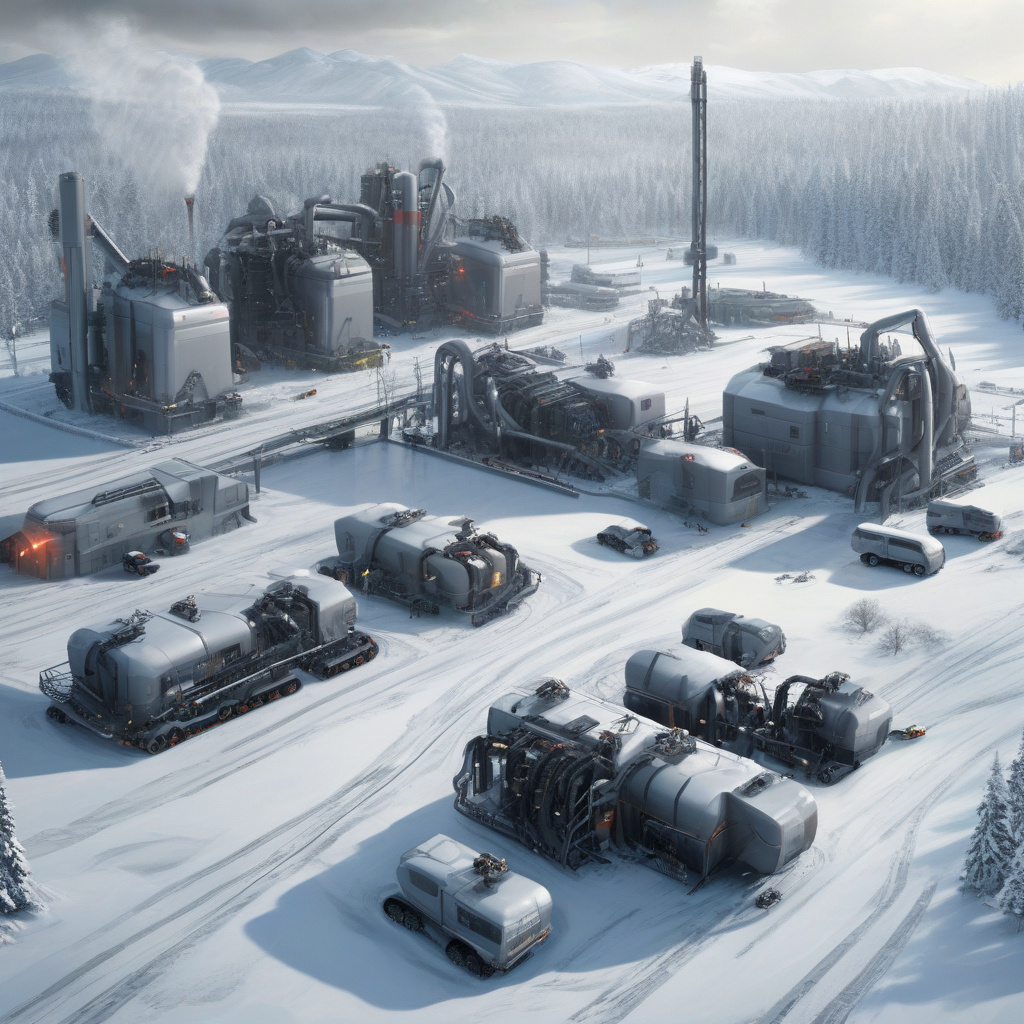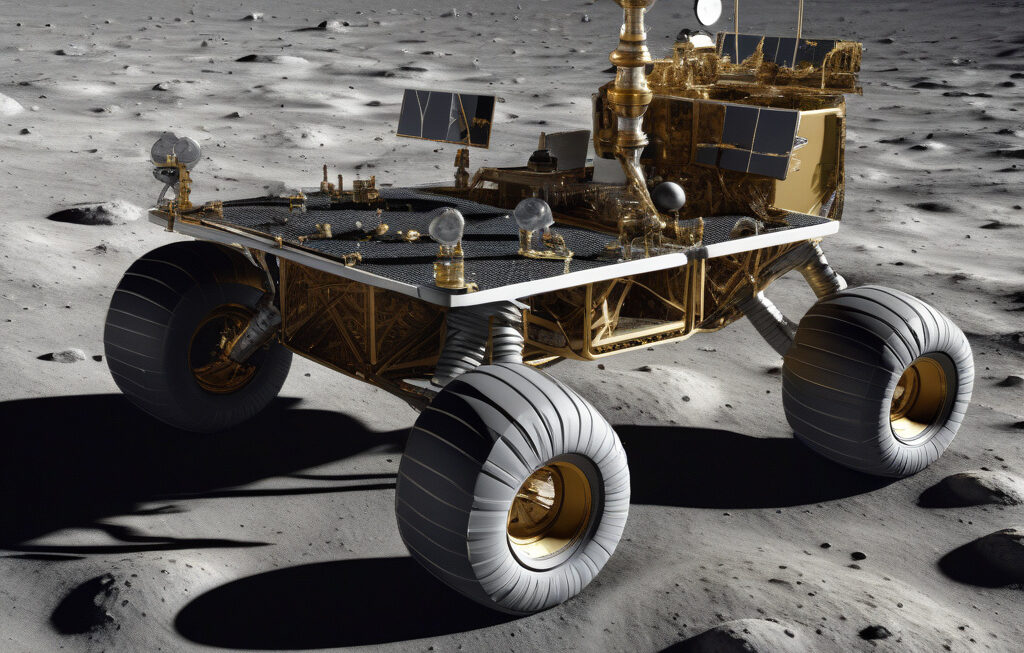8 Carbon-Sucking Machines Battle Canada’s Cold in High-Stakes Test Run
A startup in Canada’s Alberta is putting carbon tech to the test. Deep Sky, a company dedicated to advancing carbon capture technology, has recently unveiled a groundbreaking project that aims to combat climate change in a unique way. The company has deployed eight innovative carbon-sucking machines in the heart of Canada’s cold climate, signaling a high-stakes test run that could revolutionize the fight against carbon emissions.
Carbon capture technology has long been hailed as a promising solution to reduce greenhouse gas emissions and mitigate the impacts of climate change. However, the effectiveness of such technology in extreme weather conditions, especially in cold climates like Canada, has remained a subject of debate. Deep Sky’s ambitious project seeks to address this challenge head-on by testing the capabilities of carbon-sucking machines in real-world conditions.
The eight machines, strategically positioned in Alberta’s challenging environment, are equipped with state-of-the-art technology designed to capture carbon dioxide from the atmosphere. These devices work by pulling in air, extracting carbon dioxide, and storing it securely to prevent its release back into the atmosphere. The captured carbon can then be repurposed for various industrial applications or permanently sequestered underground, effectively reducing the overall carbon footprint.
One of the key advantages of Deep Sky’s carbon-sucking machines is their ability to operate efficiently in cold weather. Unlike traditional carbon capture systems that may struggle in low temperatures, these innovative devices have been specially engineered to withstand the harsh Canadian climate. By demonstrating their effectiveness in challenging conditions, Deep Sky aims to prove the viability of widespread carbon capture deployment in cold regions around the world.
The success of Deep Sky’s test run could have far-reaching implications for the future of carbon capture technology. If proven effective, these carbon-sucking machines could offer a scalable and sustainable solution to combatting climate change on a global scale. Countries with cold climates, such as Canada, Russia, and Scandinavia, could significantly benefit from the implementation of this technology to reduce their carbon emissions and meet their climate targets.
Moreover, the deployment of carbon capture technology in cold regions could open up new opportunities for innovation and economic growth. Companies like Deep Sky are at the forefront of driving technological advancements that not only protect the environment but also create new job opportunities and stimulate economic development. By investing in carbon capture research and deployment, countries can position themselves as leaders in the green technology sector and pave the way for a more sustainable future.
As the world continues to grapple with the urgent challenges of climate change, initiatives like Deep Sky’s test run represent a beacon of hope for a cleaner, greener future. By harnessing the power of carbon-sucking machines and pushing the boundaries of technology, companies and innovators are demonstrating that solutions to the climate crisis are within reach. The high-stakes test run in Canada’s cold climate is not just a scientific experiment; it is a testament to human ingenuity and determination to combat the most pressing issue of our time.
In conclusion, Deep Sky’s bold initiative to deploy eight carbon-sucking machines in Canada’s cold climate marks a significant milestone in the quest for effective carbon capture technology. By pushing the boundaries of innovation and testing the limits of technology in challenging conditions, the company is leading the way towards a more sustainable future for all. As the test run unfolds, the world watches with anticipation, knowing that the outcome could shape the future of climate action for generations to come.
carbon capture, climate change, innovation, sustainability, technology











